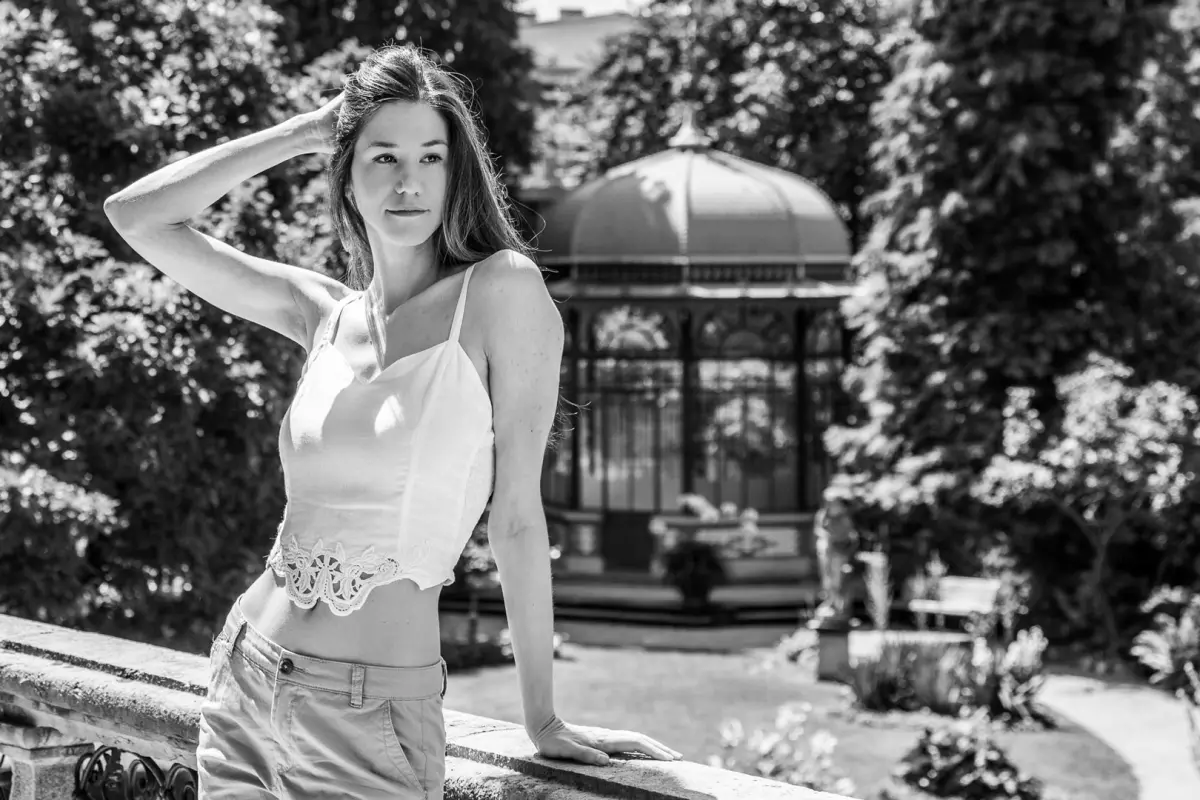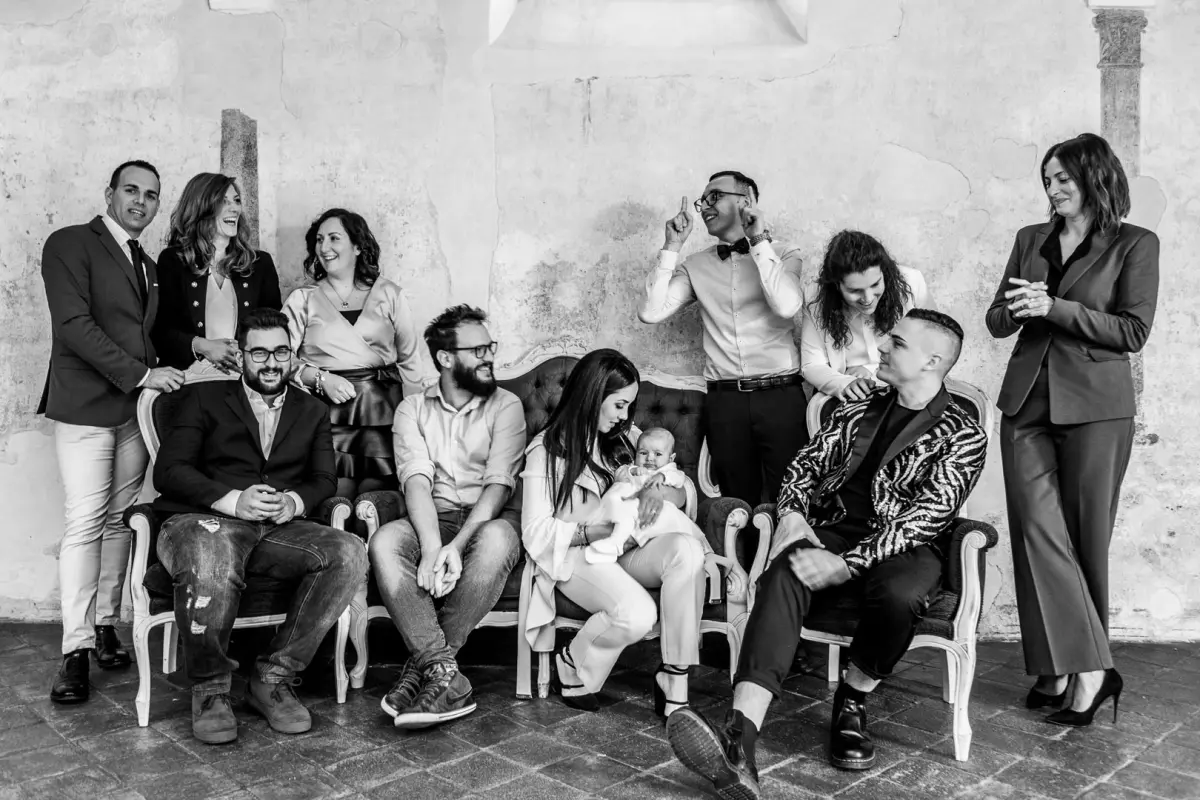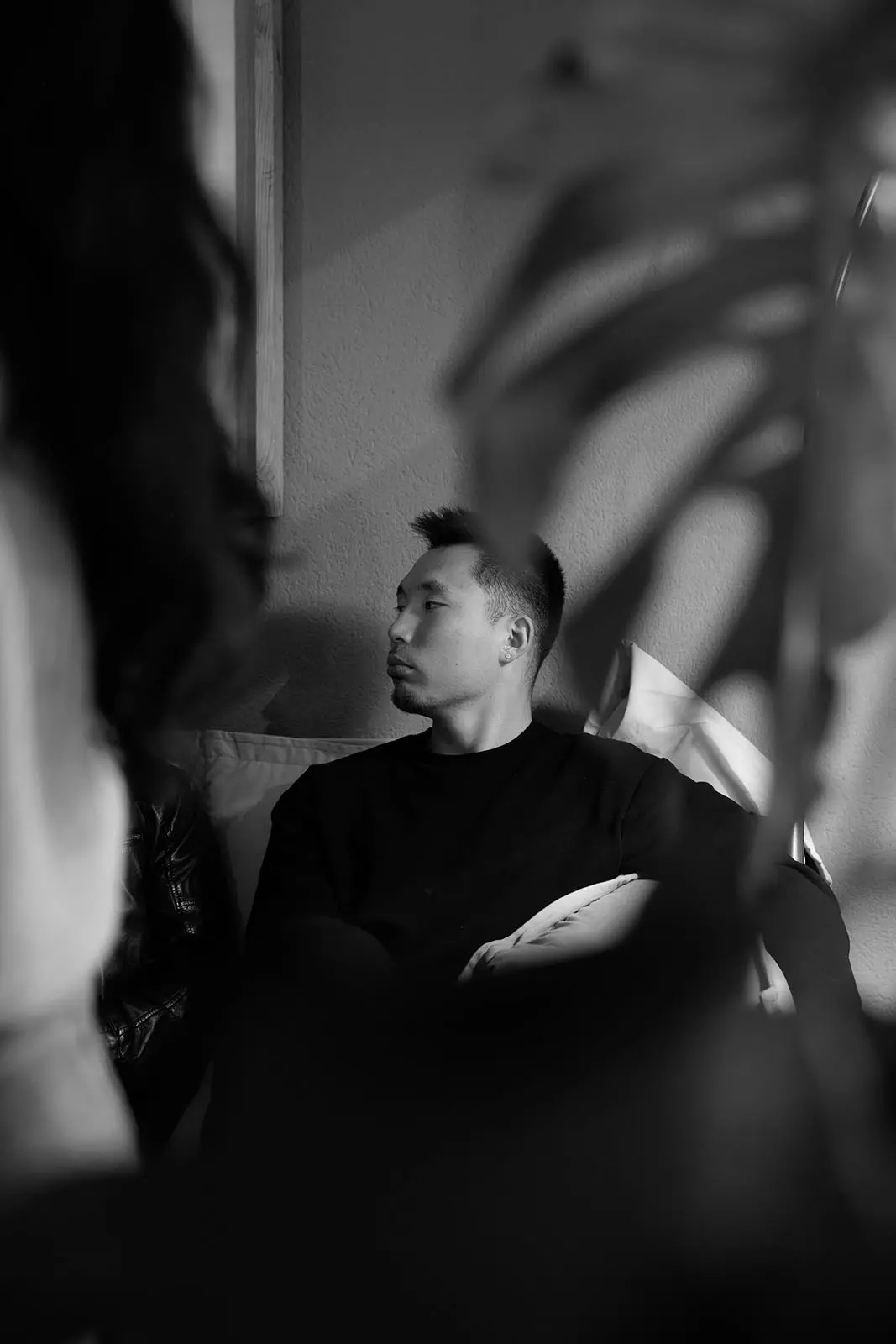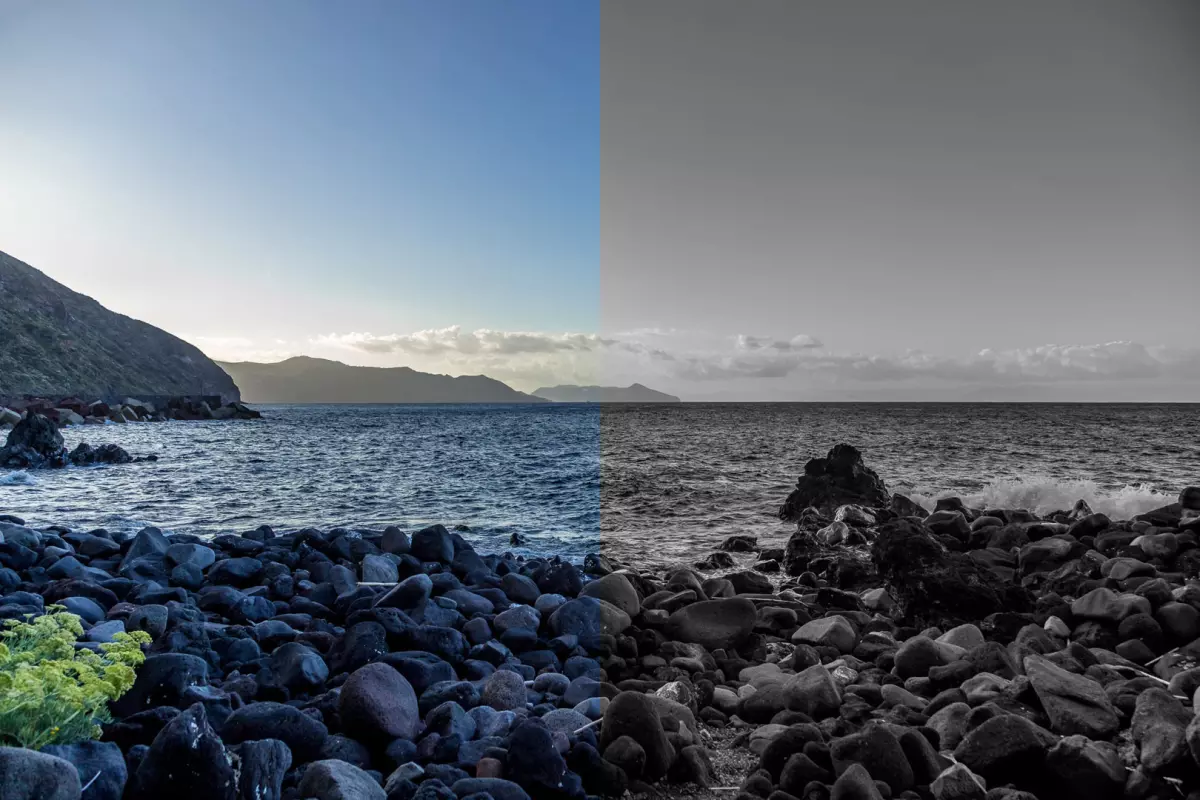
What to Wear for a Photoshoot, Clothing, Makeup and Preparation Guide
What you wear sets the tone. This straight-talking guide covers outfits, colour palettes, patterns,...
Everyone's a photographer these days. Smartphones everywhere, social media constantly hungry for content, and suddenly your face is on someone's Instagram without you having a clue how it got there. Switzerland has solid legal protection for your image rights, but most people don't know what they are or when they apply. Here's what you need to know about consent, exceptions, and how to protect yourself in the age of social sharing.

As a photographer and proud member of SIYU the Swiss Professional Photographer association, I thought it might be helpful for people to know how and when your photo can be used, when you need to be asked about the use and when, by attending an event or other activity, your image can be used without being asked (as you probably already agreed to it in the T&C).
However, technically, pretty much everyone can be a photographer these days. Smartphones everywhere, social media constantly hungry for content, and suddenly your face is on someone's Instagram without you having a clue how it got there. Not ideal, right?
Switzerland has pretty solid legal protection for your image rights, but most people don't know what they are or when they apply. So let's sort that out. Please bear in mind that I am not a lawyer, but this information is based on my interpretation of best legal practices and my own photography contracts.
Your right to your own image is protected under Article 28 of the Swiss Civil Code. Basically, you get to decide how your face is used, published, and shared. Photo, video, drawing, whatever - if it's recognisably you, you have legal control over it.
Simple as that.
Swiss law works on a straightforward principle: get consent before publishing someone's image. This isn't just being polite; it's the law. Does someone want to share your photo publicly? They need your permission first.
You need to ask permission before you:
Pretty much any time you can clearly identify someone in a photo that's going online or being shared widely.
Requiring consent for every single photo would be mental. Swiss law recognises this, so there are exceptions:
If you're part of a crowd at a public event, consent generally isn't needed - as long as you're not the main subject. Photo of a street festival with dozens of people? Usually fine. Zooming in on specific faces in that crowd? Different story, and you'd need permission.
Journalists get more leeway when photographing public figures or covering newsworthy events. Politicians at public appearances, celebrities at public events, people involved in matters of public interest - they can be photographed without explicit consent, but only in the context of their public role.
If someone's accidentally in the background of your landmark photo and they're not the focus, that's generally okay. You're photographing the Matterhorn, and tourists happen to be there? That's fine.
For private events, the rules are stricter. Even though guests might expect photos, it's best to get consent, especially before posting anything online. Many event organisers now include photo consent in invitations or registration forms.
If you're a professional photographer at weddings or corporate events, you should have clear agreements with clients about image usage rights, and guests should know photography is happening. If you hire me, you'll find I have clear, concise contracts where all of this is spelt out in plain language.
Street festivals, concerts, and sporting events in public spaces: generally, photography is fine without individual consent, particularly for crowd shots. But focusing on specific individuals or using images commercially still needs permission.
Swiss law is particularly strict about children. Photographing and publishing images of minors requires consent from their legal guardians. This is even tighter in schools and childcare facilities, where many places have explicit photo policies.
Parents, be careful about:
Basically, if it's not your kid, ask their parents first. And remember, once an image is on the internet, completely removing it is often a lengthy and challenging process.
Social media has created a proper minefield for image rights. Most people don't realise that tagging someone or posting group photos without permission can actually violate Swiss law.
It takes two seconds to send a message. Just do it.
If someone shares your image without consent, you've got options:
Under Swiss law, you can:
Whether you're a pro or just enjoy taking pictures, here's what you need to know:
Professional tip: I always let people know what I'm doing and where photos might end up. It's not just legally smart, it makes people more comfortable, and you get better photos anyway.
Hosting an event with photographers? Here's what to do:
Clear communication prevents problems.
Switzerland's image rights laws exist to protect personal dignity and privacy in an age where your photo can be on the other side of the world in seconds. The core principle is dead simple: respect people's right to control their own image.
When you're not sure:
Understanding and respecting image rights isn't just about avoiding legal trouble. It's about maintaining trust, respecting individuals' privacy, and recognising that everyone deserves control over how they're represented.
And honestly? It's just being a decent human!
Disclaimer: This article provides general information about Swiss image rights law and shouldn't be considered legal advice. For specific situations, consult a qualified Swiss attorney specialising in media or privacy law.
Get in touch to discuss your photography needs.

What you wear sets the tone. This straight-talking guide covers outfits, colour palettes, patterns,...

What if I told you I shoot entirely in black and white, then convert to colour later? Not for artist...

Great images begin with intent. Strip away colour and you reveal form, light, and emotion. Keep the...